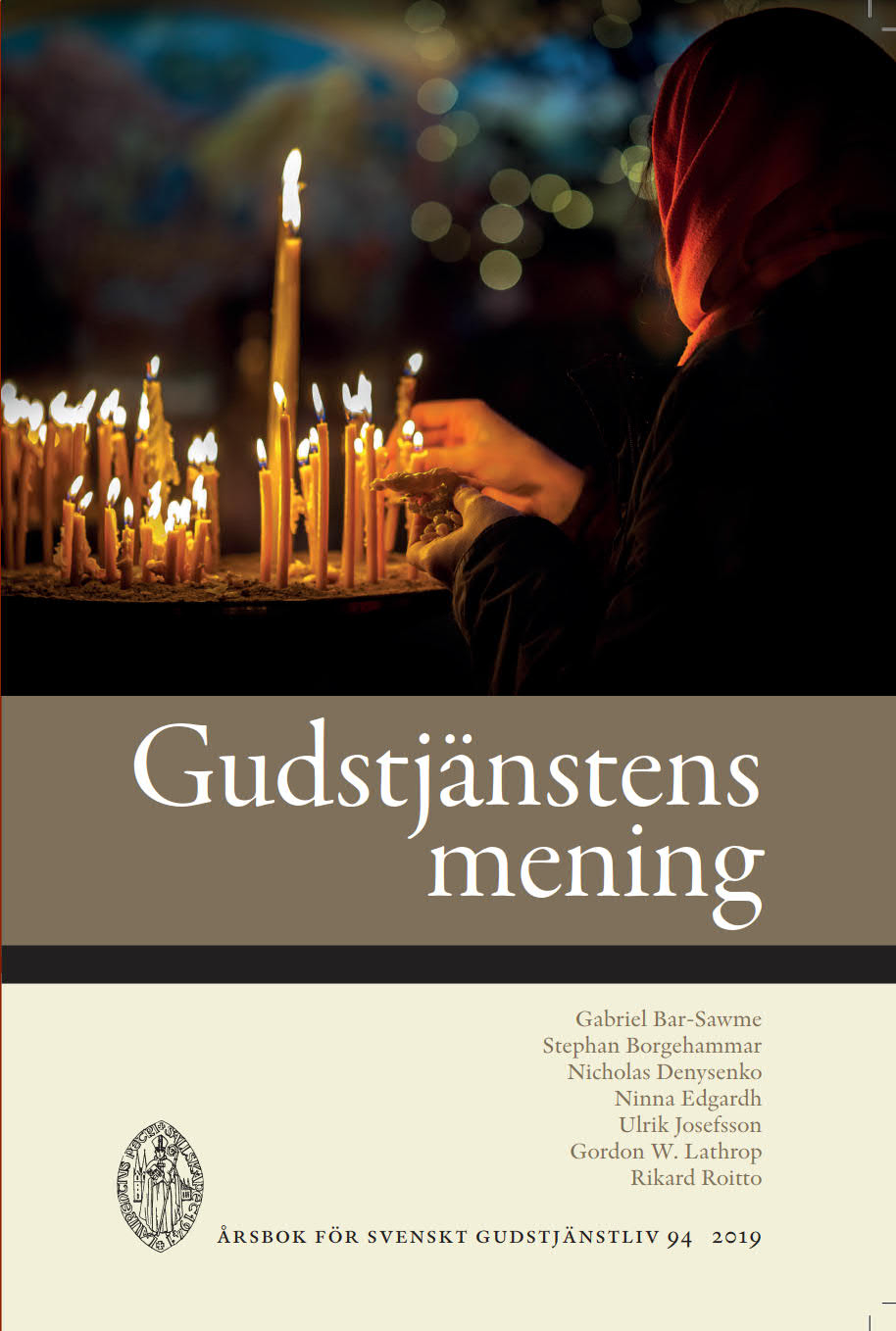Renewing the Liturgical Theology of Alexander Schmemann
Abstract
Alexander Schmemann (1921–1983) was an influential theologian and a priest in the Orthodox Church in America (OCA). His most important contribution to liturgical life in the Orthodox Church is considered to be the eucharistic revival that he fostered with his teaching and numerous writings. This article evaluates his legacy in light of today’s liturgical life in the OCA.
Three main changes in Orthodox liturgical practice in North America can be associated with the influence of Schmemann: frequent communion, less rigid requirements of preparation before communion, and the recitation of all liturgical prayers aloud, especially the eucharistic prayer. In all of this, Schmemann’s concern was to recover the priestly status of the Christian people and facilitate their truly informed and communal participation in the liturgy.
The revival Schmemann initiated had specific effects: the introduction of a general confession in Saturday vespers, as a preparation for Sunday communion; the use of deacons to help distribute communion; the production of high-quality English translations of liturgical texts; encouraging the congregation to join in the liturgical responses of the choir; and a reordering of liturgical space to reduce the distance between the lay people and the clergy.
Schmemann was not alone in this effort. He was influenced by predecessors such as Kyprian Kern and Nicholas Afanasiev. At St. Vladimir’s Orthodox Seminary he was assisted by musicians, artists and architects who shared his ideas and helped him shape the liturgy in which seminarians received their liturgical formation.
Schmemann created no new liturgical texts or rituals, with the exception of a vigil service for the Lord’s Day (which is little used). In this he was strictly conservative. It has been rightly said that his aim was to convert the people to the liturgy, not adapt the liturgy to the people.
A pertinent criticism of Schmemann is that he had little to say about how the liturgy could and should influence the daily life of Christians in society. His eschatological emphasis created a divide between this world and the Kingdom that is to come, limiting the influence of the Kingdom to liturgical experience.
Schmemann’s influence on actual liturgical life and practice in the Orthodox churches was never very great. Even in the OCA it is now possible to discern a weakening of his influence and a return to more traditional attitudes and practices, including a Byzantinization of architecture, art and music. This traditionalistic trend in turn encourages division along ethnic lines. Here it is an urgent task to encourage a primarily ecclesial identity among Orthodox, such as Schmemann’s ideas about liturgical renewal were designed to foster.
An updated agenda for liturgical renewal that is faithful to the core values of Schmemann’s liturgical theology should include (1) an openness for liturgical creativity, so that ancient texts and rites do not themselves become an object of worship, and (2) a revival of a liturgical ecclesiology that emphasizes the dialogical nature of the liturgy and the priestly character of the whole people of God. The goal of the liturgy is for clergy and people together to become a communion in the Holy Spirit.
Downloads
Published
Issue
Section
License
© the authors, Laurentius Petri Sällskapet för Svenskt Gudstjänstliv and Artos & Norma Bokförlag. Copying and using material from Svenskt Gudstjänstliv for scholarly purposes is permitted as long as the source is indicated. For other uses, please contact the respective author as well as the publisher. Special restrictions may apply to images.


